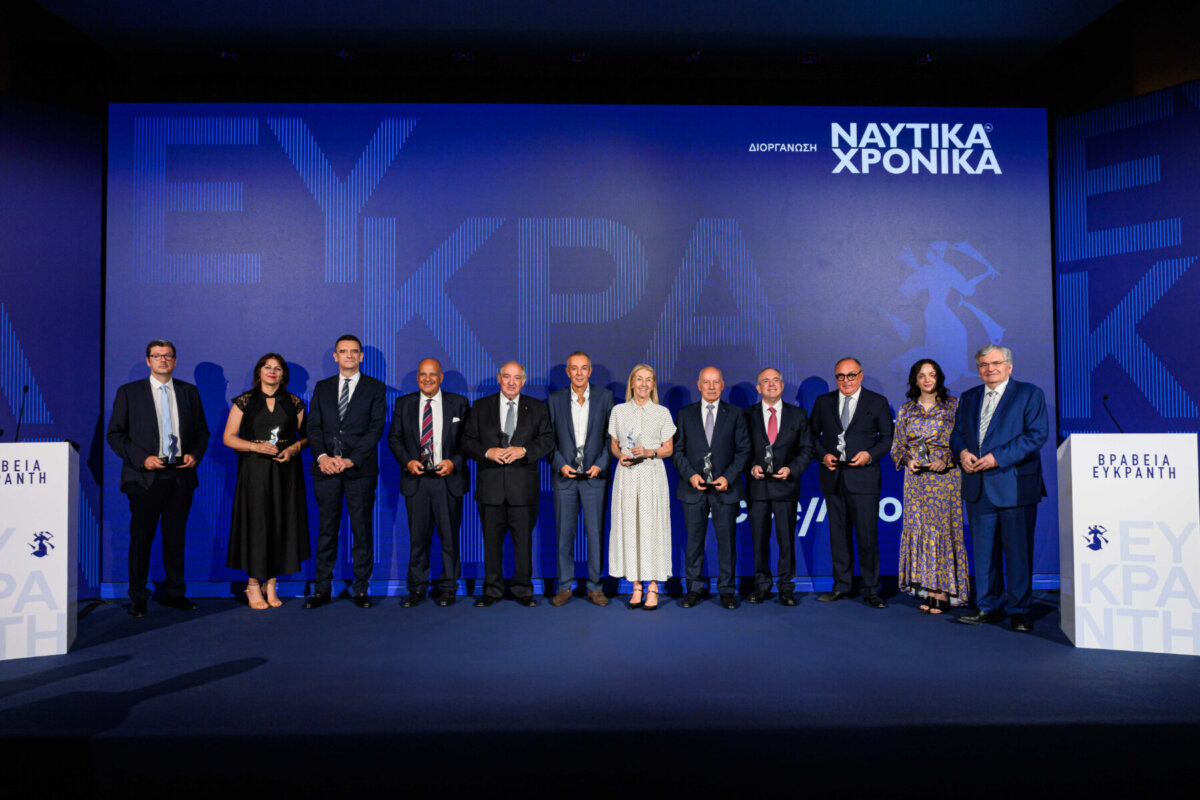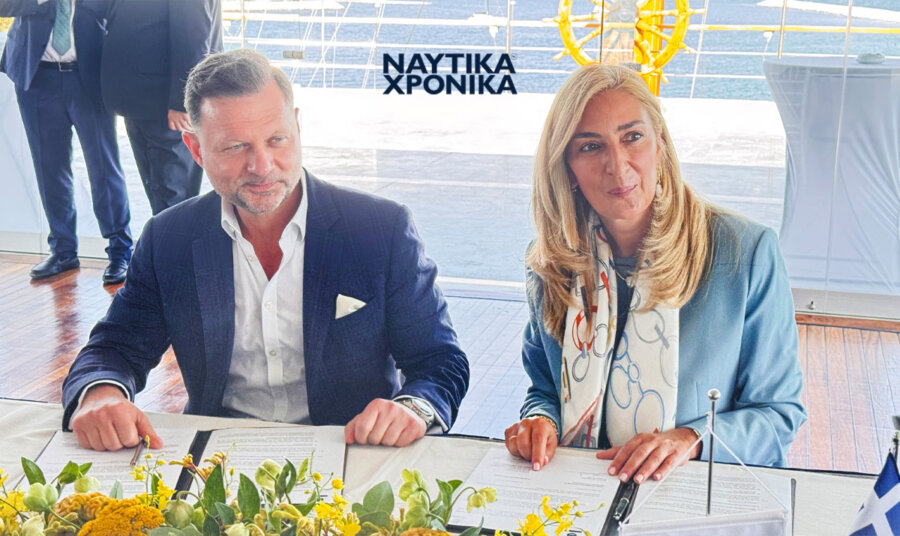
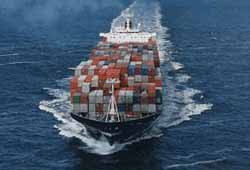
ClassNK releases new Guidelines for SCR Systems
ClassNK is pleased to announce the release of its new Guideline for SCR (Selective Catalytic Reduction) Systems and Reductant Agent Supply Systems. The new guidelines address the strengthening of nitrogen oxide (NOx) emission regulations as stipulated in amendments to Annex VI of the International Convention for the Prevention of Pollution from Ships 1973 (MARPOL) which entered into force on 1 July 2010.
With these amendments to MARPOL requiring 80% reductions in NOx emissions from diesel engines from 2016, a number of new technologies and alternative fuels are currently being investigated for their emission reduction potential. As SCR systems already have a proven track record in Europe as aftertreatment systems, and as even a single SCR unit can independently reduce NOx emissions by more than 80%, these systems are expected to find wide use in the maritime industry in the near future. As with any new maritime technology, however, clear guidelines and safety protocols for installing, maintaining, and certifying these systems are essential to bringing this exciting new technology into practical use.
ClassNK’s new Guidelines for SCR Systems and Reductant Agent Supply Systems have been developed in order to support the industry wide effort to safely implement these systems on commercial vessels. “In developing this guideline, we conducted a study of all relevant equipment, including reductant agent tank arrangements and piping specifications of SCR systems, in order to determine which measures are necessary for the safe operation of such systems” says Yukihito Fujinami, General Manager of ClassNK’s Machinery Rules Development Department. “In addition to summarizing standard design specifications based on the IBC Code, IGC Code and Rules for Cargo Refrigerating Installations, the guideline also provides specific requirements for systems using reduction agents that require safe storage specifications, such as urea and ammonia, and we believe the guidelines will be an incredibly useful tool for manufacturers, shipyards, and owners looking to install such systems on their vessels.”
ΝΧ
Συντακτική ομάδα Ναυτικών Χρονικών

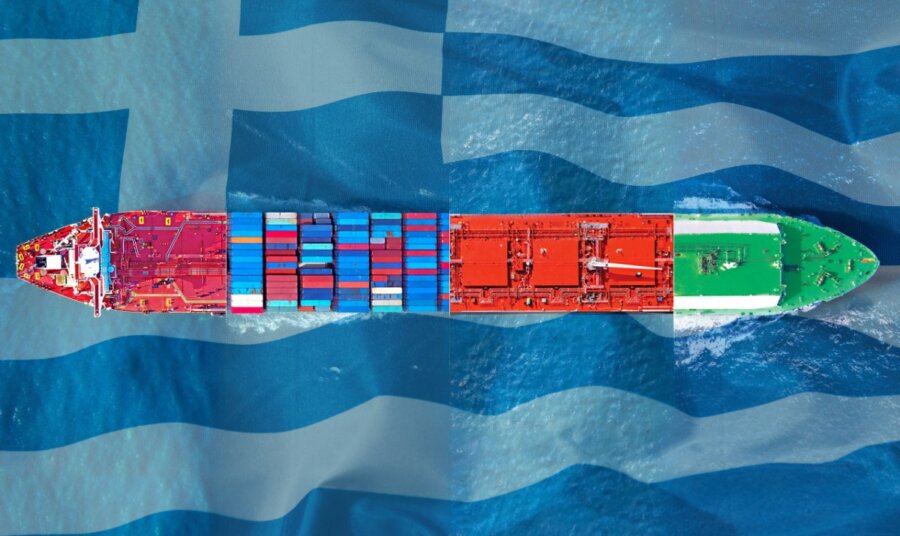
Παραγγελίες πλοίων: Σε στάση αναμονής οι Έλληνες πλοιοκτήτες
Απότομη πτώση σημειώθηκε στις παραγγελίες νεότευκτων το α΄ εξάμηνο του 2025, σε σχέση με τη δραστηριότητα που καταγράφηκε την αντίστοιχη περίοδο του 2024. Επιφυλακτική…
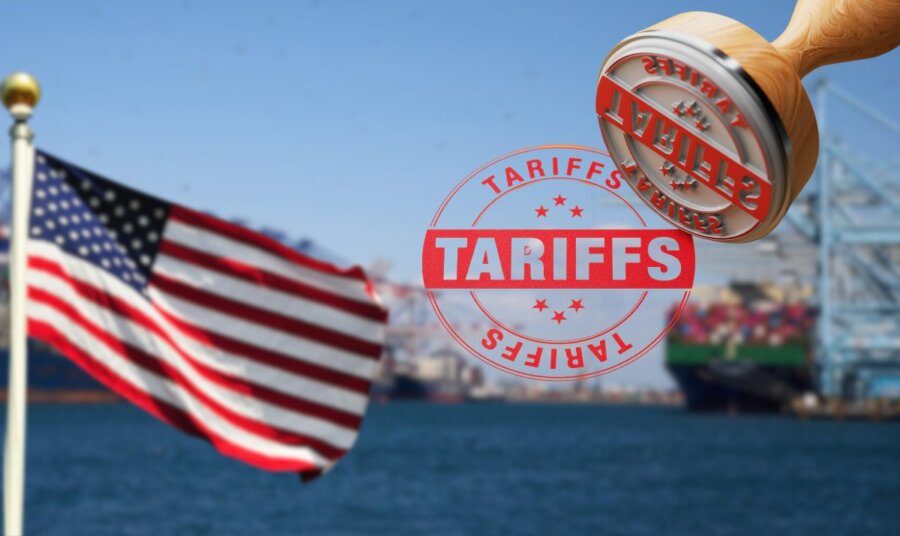
Επικείμενοι υψηλοί δασμοί των ΗΠΑ σε χαλκό και ημιαγωγούς
Ο πρόεδρος των ΗΠΑ Ντόναλντ Τραμπ ανακοίνωσε στις 8 Ιουλίου ότι εξετάζει το ενδεχόμενο να επιβάλει πρόσθετους δασμούς ύψους 200% στα φαρμακευτικά προϊόντα που…
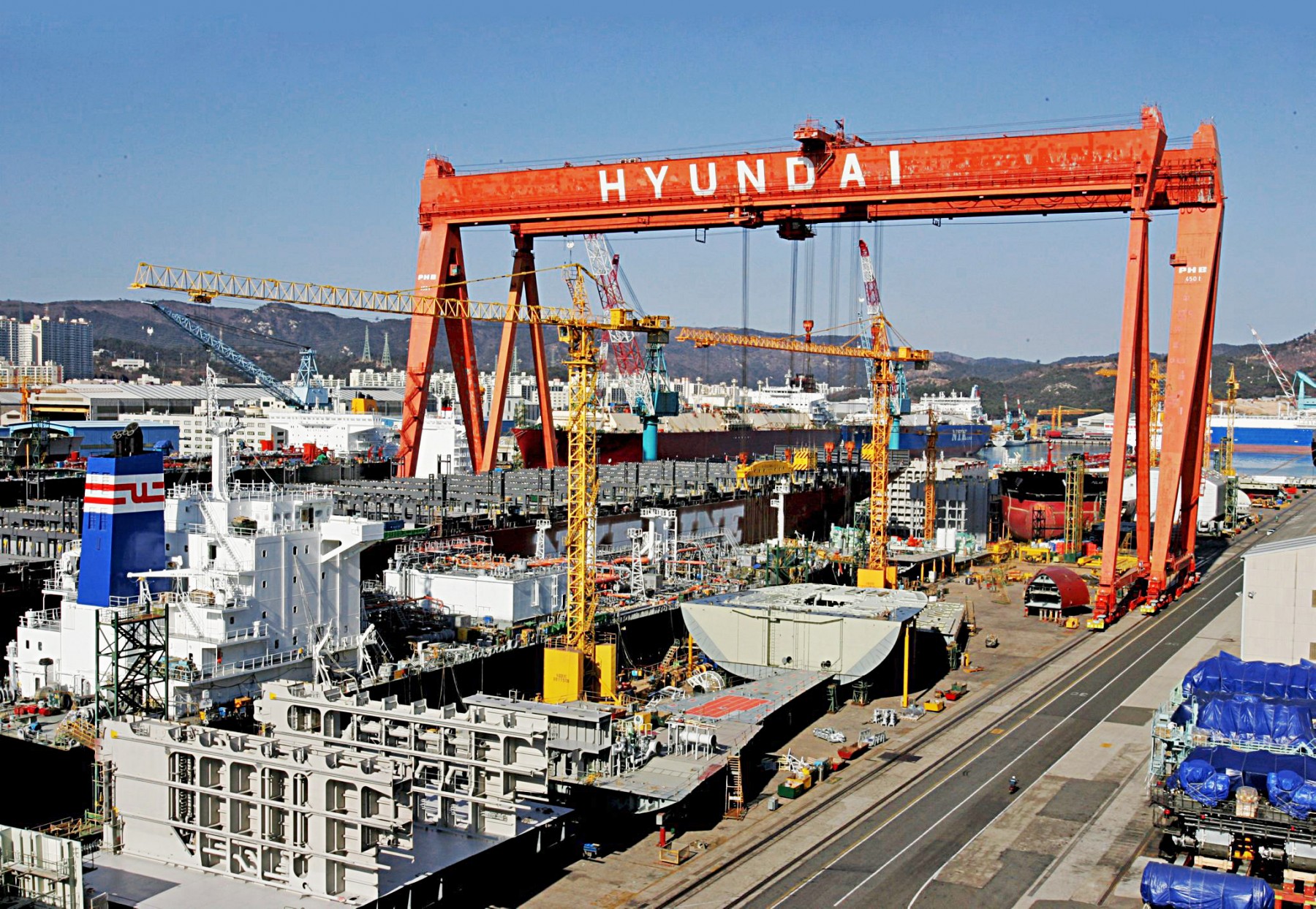
Στρατηγική στροφή της Hyundai στις γιάρδες της Ινδίας
Ένα σημαντικό ορόσημο για την παγκόσμια ναυπηγική βιομηχανία σηματοδοτεί η απόφαση του ναυπηγικού κολοσσού της Νότιας Κορέας, HD Hyundai, να επεκταθεί στις γιάρδες της…

Θερινή απογείωση για τη Ryanair
Η Ryanair εκτιμά πως, τους ακόλουθους θερινούς μήνες, η ζήτηση για χαμηλού κόστους αερομεταφορές θα παραμένει αμείωτη. Μάλιστα, η εν λόγω αυξημένη ζήτηση έχει…
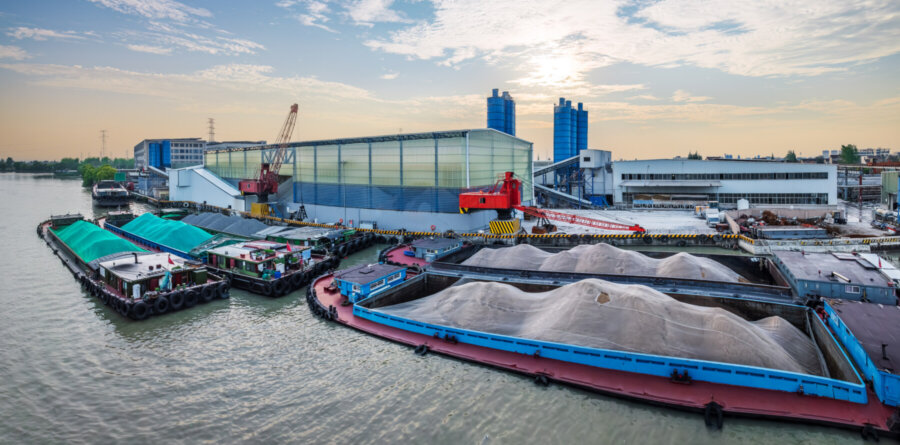
Η DP World «χτίζει» παρουσία στην αγορά των cement carriers
Με ταχύτατους ρυθμούς προχωρά η επέκταση και η διαφοροποίηση του χαρτοφυλακίου της DP World, με τον κολοσσό των logistics να στρέφει πρόσφατα το ενδιαφέρον…
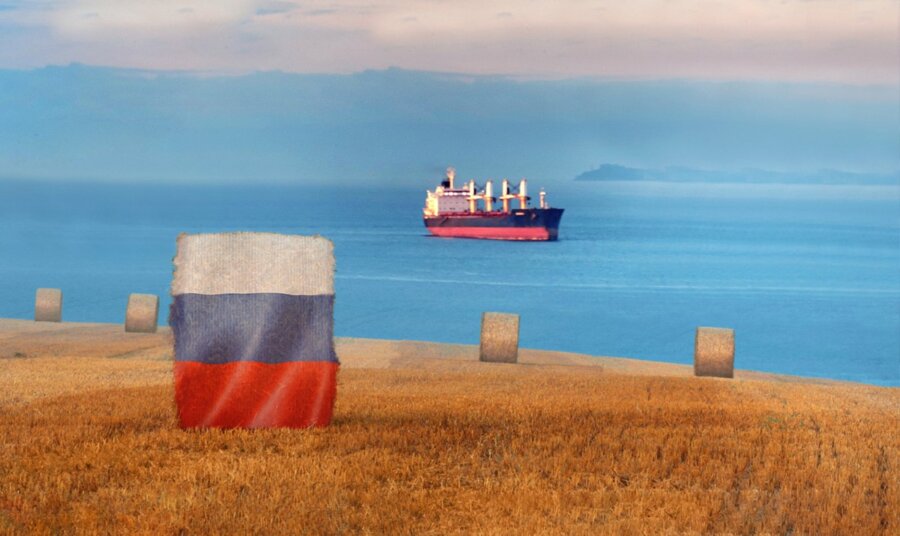
Παρελθόν οι δασμοί στις ρωσικές εξαγωγές σιταριού
Η Ρωσία, ο μεγαλύτερος εξαγωγέας σιτηρών στον κόσμο, προχώρησε στην κατάργηση του δασμού εξαγωγής σιταριού, με ισχύ από τις 9 Ιουλίου, σύμφωνα με το…
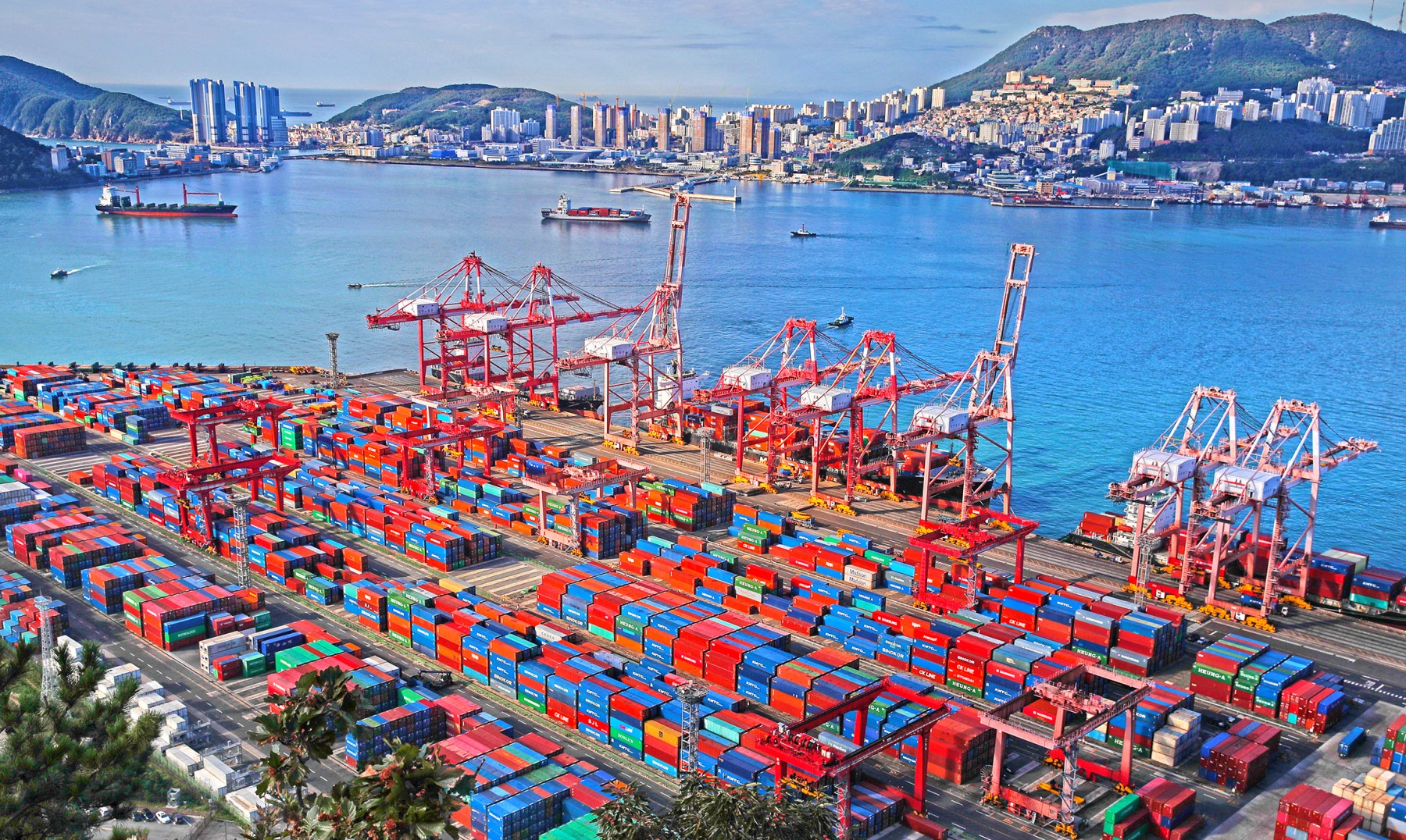
«Μετάγγιση» εκατομμυρίων στις λιμενικές εγκαταστάσεις της Ν. Κορέας
Η κυβέρνηση της Νότιας Κορέας θα επενδύσει $22,7 εκατ. έως το 2028 στην ανάπτυξη βασικών τεχνολογιών για έξυπνους λιμένες, σύμφωνα με ανακοίνωση του αρμόδιου…
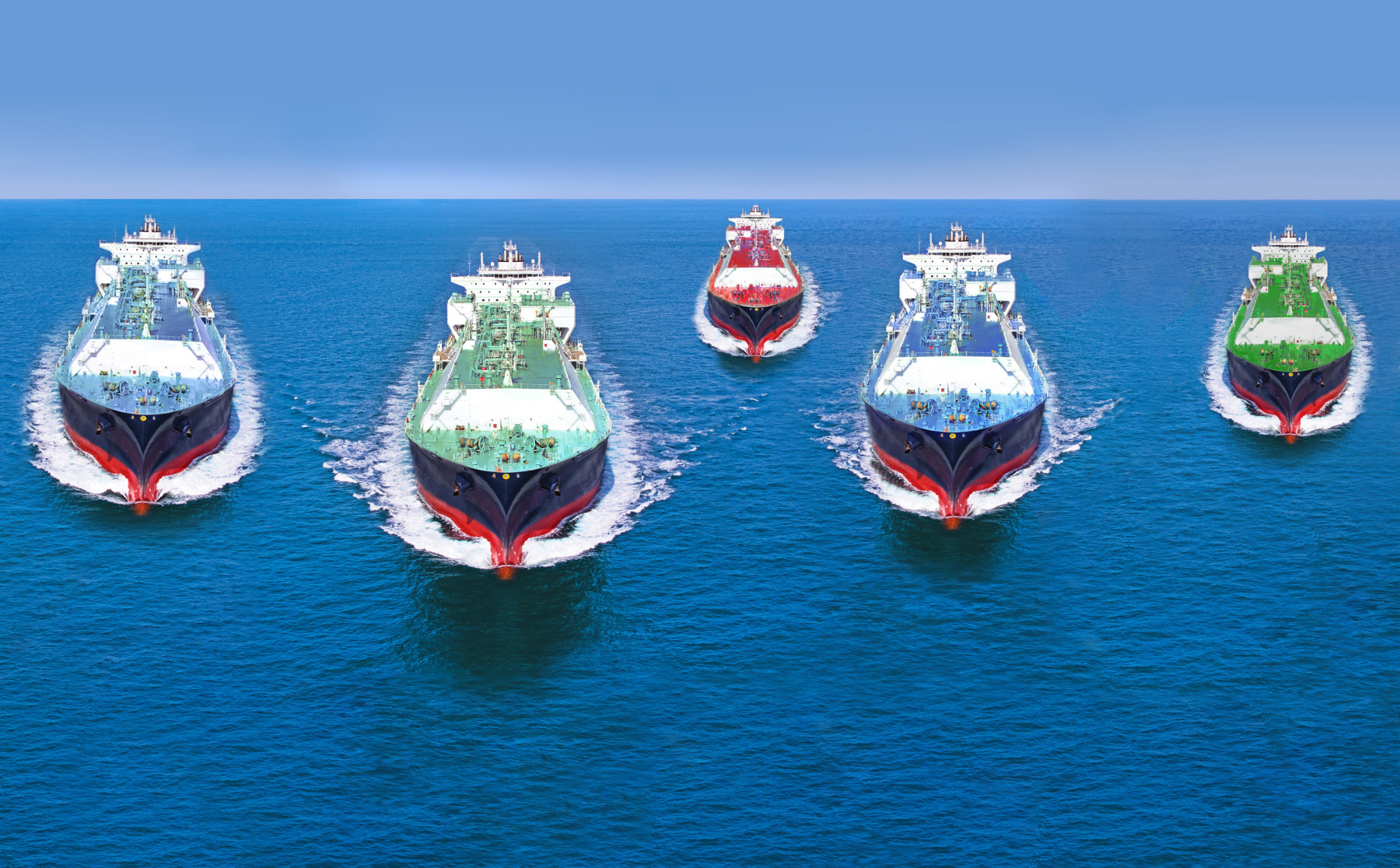
Το Πακιστάν «εγκλωβισμένο» από τα πλεονάζοντα φορτία LNG
Εν μέσω κατακόρυφης πτώσης της εγχώριας κατανάλωσης LNG, η κυβέρνηση του Πακιστάν βρίσκεται αντιμέτωπη με υπερπροσφορά φυσικού αερίου, η οποία ενδέχεται να πλήξει σοβαρά…
